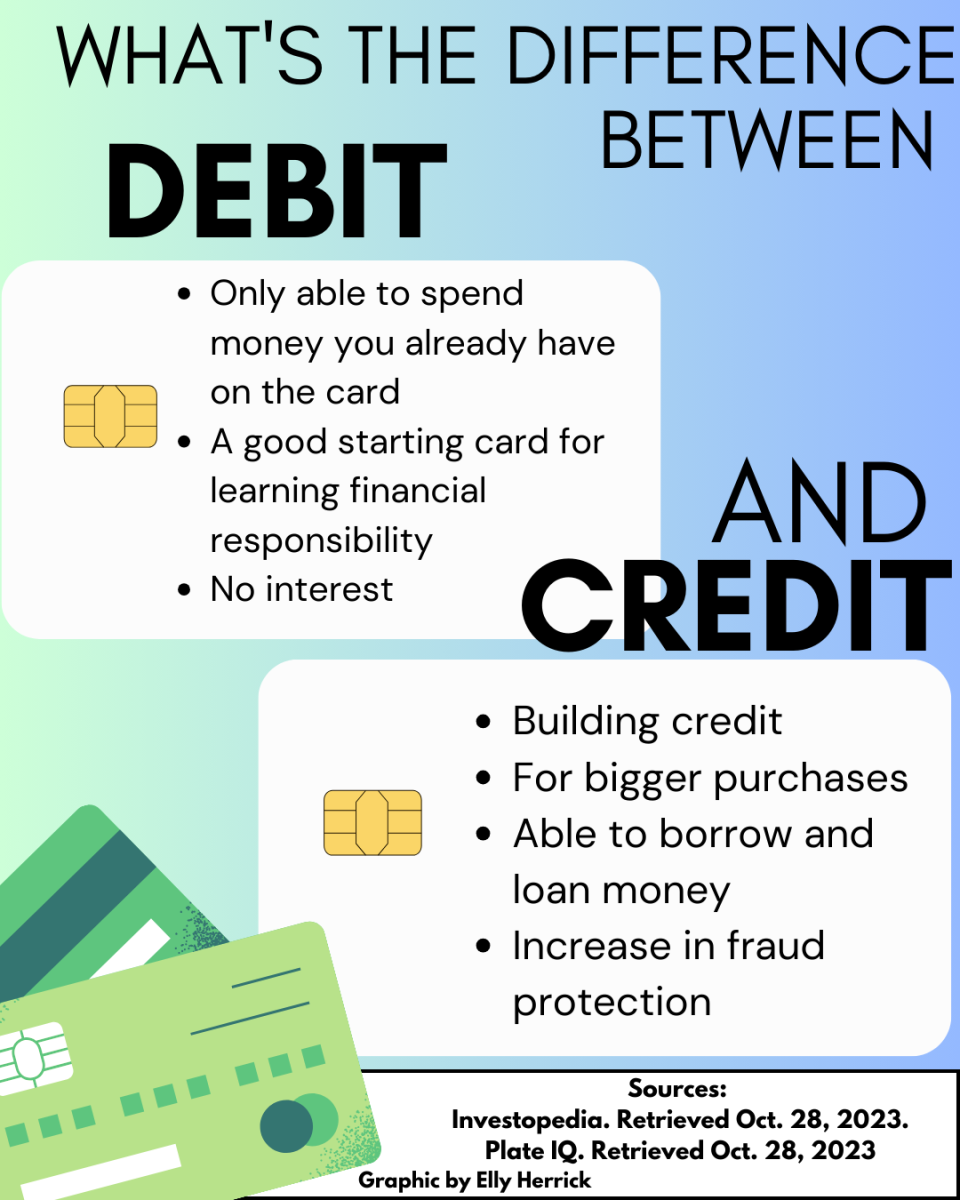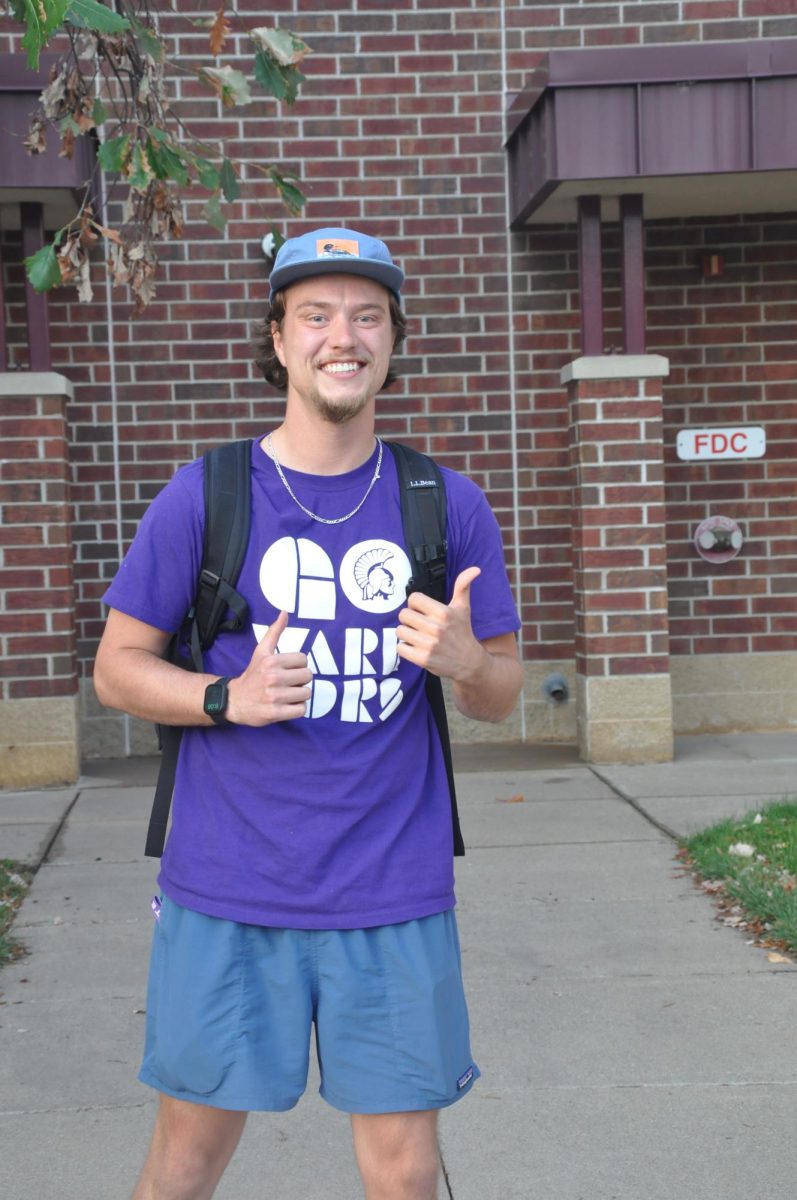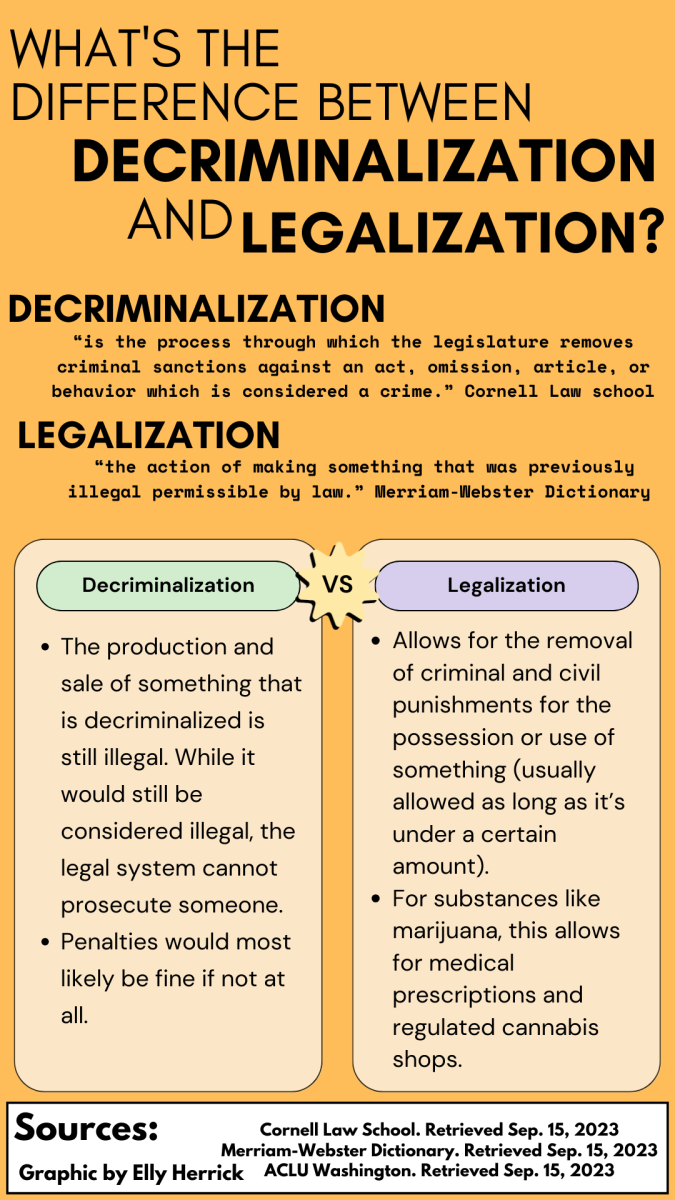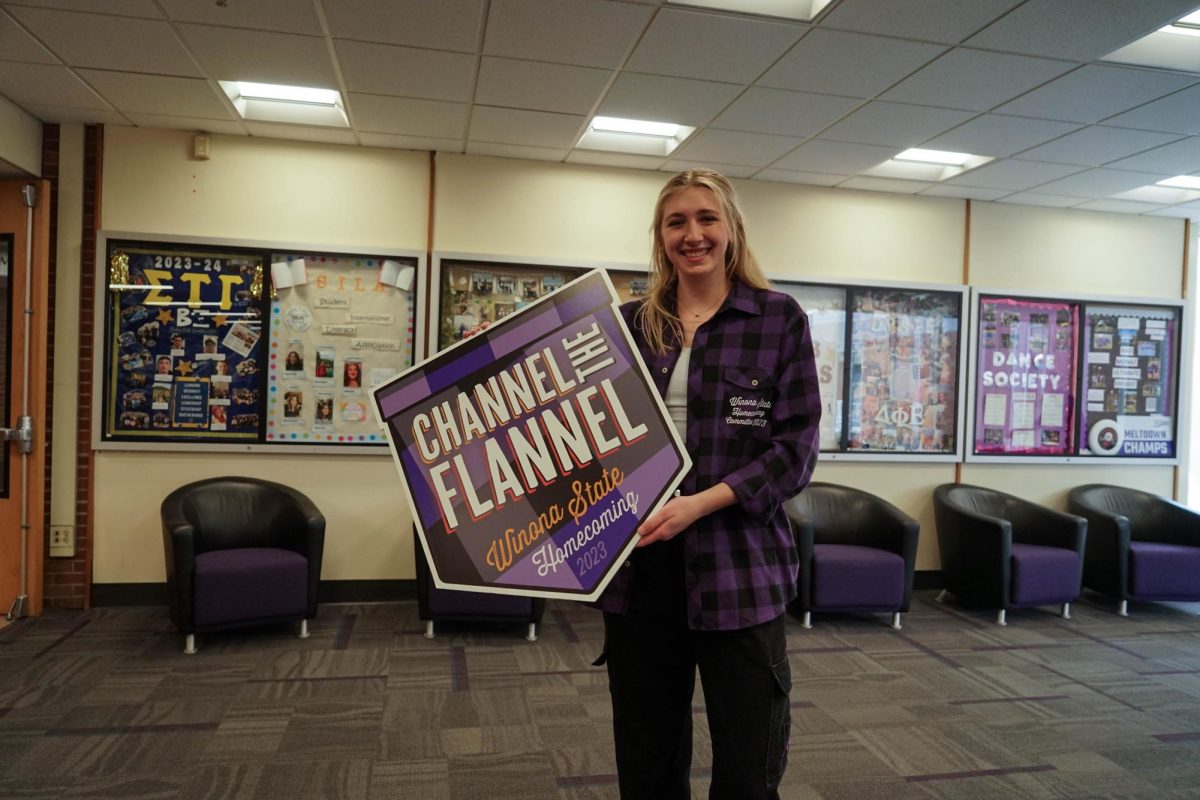Victoria McKenzie/ Winonan
For seniors in high school, choosing the right college can be difficult. When entering into a professional program that requires licensure for practice after college, like education, nursing and social work, the choice of where to study can be crucial.
Winona State University’s social work department recently received accreditation through 2021 by the council on social work education. This is the fourth time Winona State has received this honor.
According to Winona State professor and chair of the social work department Cathleen Faruque, in many states, like Minnesota, professional degrees require licensure for practice, which requires a degree from an accredited school. Institutions without accredited social work departments cannot call their programs social work.
Winona State, accredited in social work since 1984, remains dedicated to student success, Faruque said.
“We’ve been accredited 30 years, and we plan to have a celebration this spring,” Faruque said.
In October of 2012, Winona State’s social work department began the process of re-accreditation by writing a self-study about the curriculum, how success is measured, the university as a whole and the resources available to students.
A few sections involved other Winona State staff outside of the department, like the information on the budget, which was handled by the business department and the assessment on resources available to the students in the library.
The social work department started work on the self-survey a year before the due date.
After turning in the self-study in October of 2013, another social work professor from out-of-state, with no affiliations to Winona State, came for a site visit in May of 2014. At the site visit, the social work professor observed the school, talked to many people, and asked questions based on the self-study.
The professor then wrote a report on whether the program meets the counsel on social work education’s standards.
In November of 2014, Winona State heard that the accreditation was renewed. The accreditation renewal was set to occur a year earlier, but due to the departure of several senior staff in the social work department, the department requested it be postponed a year.
Now the department is required to renew accreditation after seven years rather than eight, Faruque said.
While a lack of accreditation does not completely keep people from working, Faruque said, it does limit them by types of jobs and location.
Faruque can attest for how limiting it can be, since she graduated from Winona State in 1982, just two years before the university became accredited.
Faruque went on to get her Masters in Social Work and said she takes pride in how hard she worked for her license, viewing her previous roadblock as a blessing that pushed her to receive more education.
“Accrediting bodies help determine the standards for a program,” Farque said.
In 2008, the counsel on social work education, switched from organizing curriculum for the schools to listing content that must be covered in each school’s curriculum.
“When a program has accreditation they have certain obligations to that accrediting body,” Faruque said.
Faruque also added that these obligations include annual assessments of the program and reports on student success in internships, student debt, student success on licensing exams and much more measurable data.
“Accreditation is a big commitment for a university, and it is not cheap,” Faruque said.
Faruque said she finds the feedback helpful and necessary to ensure that students understand the material and learn all that is needed for their future careers.
“Any student that is looking at a professional degree should really look and ask the question ‘what are their accreditations,’” Faruque said.


































































